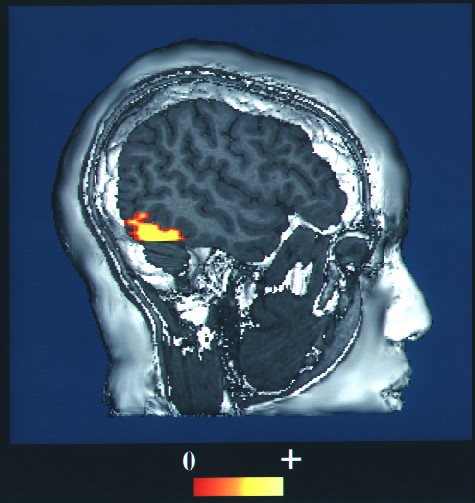Experience, Phenomenology, and Quantum Mechanics
Philipp Berghofer Department of Philosophy, University of Graz, Austria Experiences are our points of contact with the world. They constitute the ineluctable starting point and epistemological foundation of any scientific investigation. More precisely, in my view, they are a source of immediate justification and our ultimate justifiers. But what makes …




